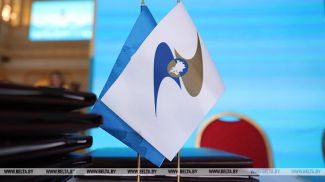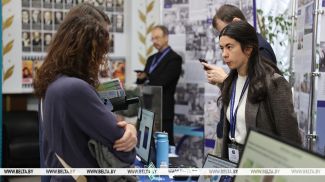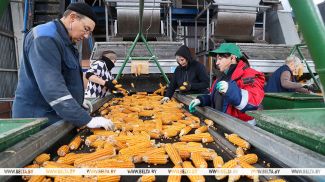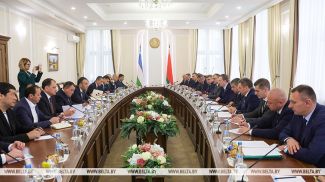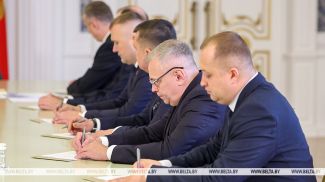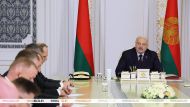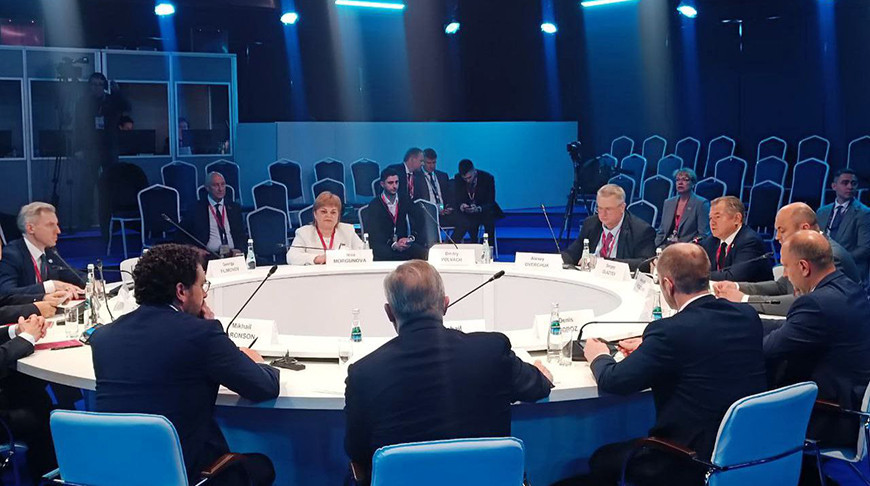
MOSCOW, 19 June (BelTA) - We have plans to establish a supranational committee on standards and quality in the Union State of Belarus and Russia, Yelena Morgunova, the head of the Belarusian State Committee for Standardization, said at the panel discussion “The Union State: At the Turn of Eras” at St. Petersburg International Economic Forum, BelTA learned.
Yelena Morgunova recalled that at its recent meeting the High-Level Group of the Council of Ministers of the Union State decided to set up a supranational technical committee that will supervise quality and standardization issues. “The quality infrastructure includes all technical regulation tools: if we apply unified approaches to conformity assessment, testing and accreditation then all barriers to market access will be removed completely,” she said.
An agreement has already been reached with the Russian Federal Agency for Technical Regulation and Metrology Rosstandart to set up a collegial body with a pool of experts who will develop a certain framework in technical regulation to remove barriers and barrier-free access to the markets of the two countries, she noted.
According to her, work has also begun on the integration of national databases of standards and reference materials. “Each country has its own national standards base. Today, we are working to align these bases to avoid duplication, to analyze what benchmark measuring tools we lack or that we need to design in the two countries,” Yelena Morgunova noted.
“This work to align two standards bases is nearly complete. It will serve as the basis of the technical committee [on standardization and quality],” Yelena Morgunova added.
Yelena Morgunova recalled that at its recent meeting the High-Level Group of the Council of Ministers of the Union State decided to set up a supranational technical committee that will supervise quality and standardization issues. “The quality infrastructure includes all technical regulation tools: if we apply unified approaches to conformity assessment, testing and accreditation then all barriers to market access will be removed completely,” she said.
An agreement has already been reached with the Russian Federal Agency for Technical Regulation and Metrology Rosstandart to set up a collegial body with a pool of experts who will develop a certain framework in technical regulation to remove barriers and barrier-free access to the markets of the two countries, she noted.
According to her, work has also begun on the integration of national databases of standards and reference materials. “Each country has its own national standards base. Today, we are working to align these bases to avoid duplication, to analyze what benchmark measuring tools we lack or that we need to design in the two countries,” Yelena Morgunova noted.
“This work to align two standards bases is nearly complete. It will serve as the basis of the technical committee [on standardization and quality],” Yelena Morgunova added.




